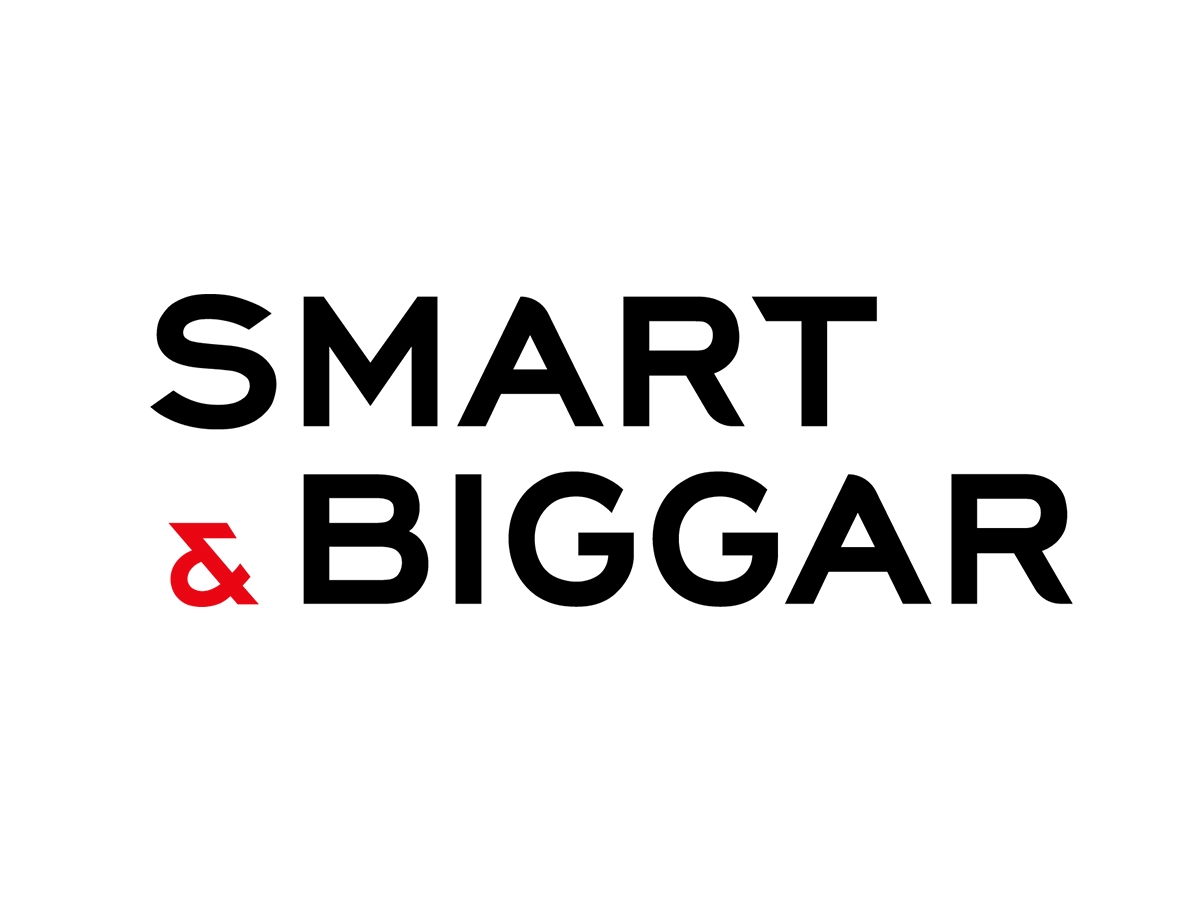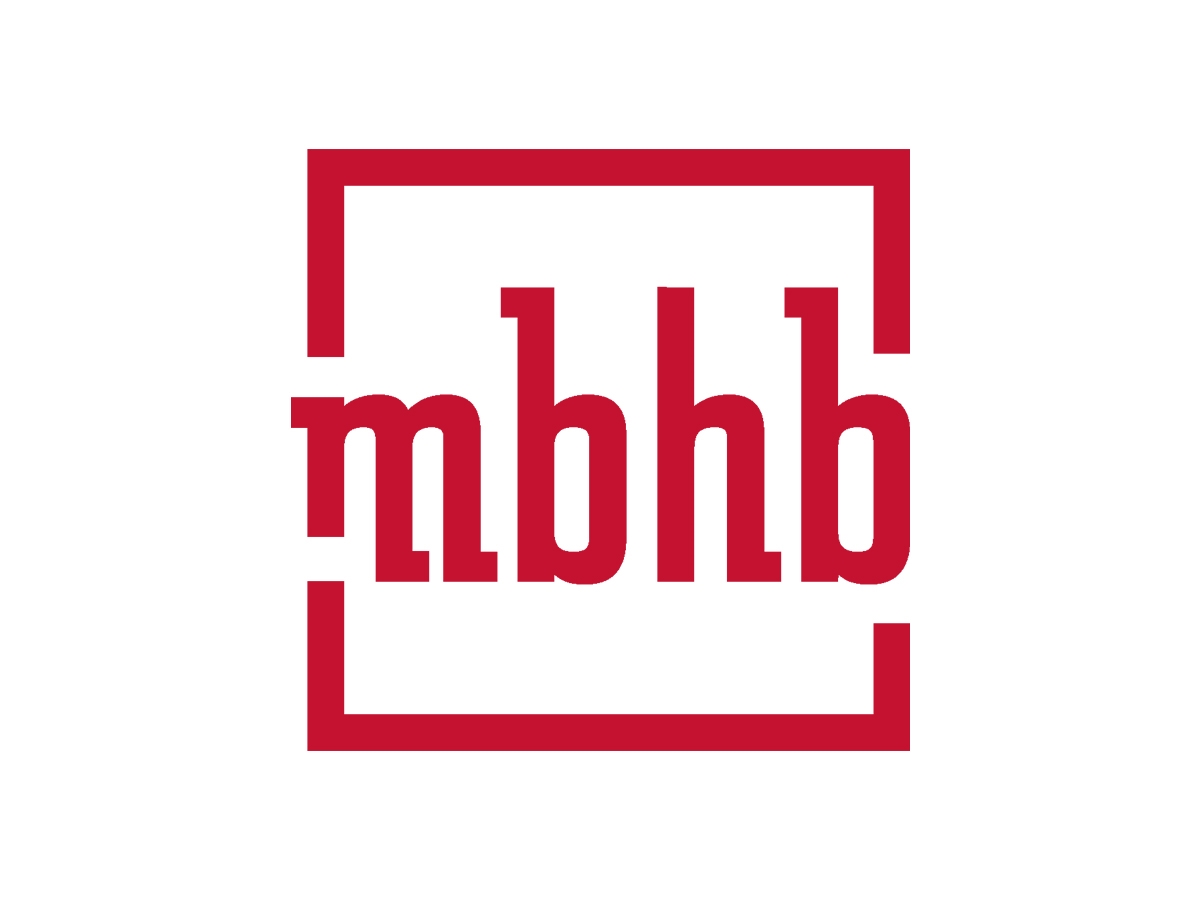Cert Denied in Cases Challenging Fairness of IPR Institutions, Application of Alice/Mayo and SG Briefing Requested in Teva’s ‘Skinny Label’ Case
“The [Patent Trial and Appeal Board]… wholly lacks statutory authority to adjudicate [IPR] institution.” – CustomPlay’s SCOTUS Petition for writ of certiorari
On October 3, the U.S. Supreme Court entered an order list in which it denied petitions for writ of certiorari in several cases involving questions under U.S. patent law. In rejecting these appeals, the Supreme Court declined to clarify aspects of the written description requirement under 35 U.S.C. § 112, the patent eligibility standard under the Court’s two-step framework for 35 U.S.C. § 101 subject matter eligibility, and whether institution decisions at the Patent Trial and Appeal Board (PTAB) violate constitutional due process. The Supreme Court did, however, invite the U.S. Solicitor General to file a brief on Teva’s petition challenging the Federal Circuit’s induced infringement ruling over Teva’s “skinny label,” and the Court granted cert in a case that questions whether online platforms face liability for aiding and abetting terrorist acts if they offer services that are used by terrorist organizations.
Biogen v. Mylan: Federal Circuit Decision ‘Muddying the Written Description Requirement’ Stands
Last November, the U.S. Court of Appeals for the Federal Circuit issued a decision in Biogen International GmbH v. Mylan Pharmaceuticals Inc. in which a divided appellate panel affirmed the Northern District of West Virginia’s ruling that Biogen’s patent covering a method of treating multiple sclerosis (MS) failed the written description requirement of Section 112. Circuit Judge Kathleen O’Malley authored a dissent in that ruling, arguing that the district court had abused its discretion in ruling that Biogen was judicially estopped from arguing that the written description requirement should be directed to therapeutic efficacy and not clinical efficacy, and then invalidating Biogen’s patent because it included no Phase III clinical trial data in its specification.
The panel majority was upheld by the Federal Circuit’s decision this March to deny Biogen’s petition for panel and en banc rehearing. While Circuit Judge O’Malley had retired prior to the rehearing denial, Circuit Judge Alan D. Lourie penned a dissent joined by Chief Judge Kimberly A. Moore and Circuit Judge Pauline Newman in which Judge Lourie contended that the Federal Circuit majority was “muddying… the written description requirement” by importing extraneous considerations into the requirement’s analysis. Acknowledging that “the hallmark of written description is disclosure” under the Federal Circuit’s decision in Ariad Pharmaceuticals v. Eli Lilly & Co. (2010), Judge Lourie noted that the specification of Biogen’s patent disclosed the particular dosage of dimethyl fumarate required to achieve the therapeutic efficacy of treating MS as claimed.
This summer, several amicus briefs were filed in support of Biogen’s cert petition at the Supreme Court. Biogen’s petition had asked the Court whether Section 112 required that the specification describe the invention, or whether the specification requires data demonstrative effectiveness while also emphasizing the claimed invention “by singling it out and describing it more than once.” Amicus arguing in favor of granting cert contended that the Federal Circuit improperly resurrected the best mode requirement under Section 112 by requiring the patent’s specification to identify the preferred dose from a disclosed dosing range, and that the clinical data requirement could increase the risk of public disclosure invalidating a patent application as such data must be made publicly available by drugmakers seeking market approval.
Worlds Inc. v. Activision Blizzard Inc.: No Clarity on How to Treat Evidence on SJ Motion for Section 101 Invalidity
In denying the cert petition filed in Worlds Inc. v. Activision Blizzard Inc., the Supreme Court declined to address a pair of Section 101 questions raised by Worlds, which was appealing the District of Massachusetts’ invalidation of its patent claims covering virtual world technologies. Worlds had asked the nation’s highest court to clarify the standard for determining whether a patent claim is “directed to” a patent-ineligible concept under step one of the Alice/Mayo framework for assessing Section 101 eligibility. Worlds had also asked whether a movant seeking a ruling of Section 101 patent invalidity can prevail on step two of the Alice/Mayo framework at the summary judgment stage “when the movant submits no evidence of what was well-known, routine and conventional in the industry as of the date of the invention.”
Worlds’ Section 101 appeal stems from an April 2021 ruling by the District of Massachusetts granting Activision Blizzard’s motion for summary judgment that Worlds’ patent claims were invalid under Section 101. At step one of the Alice/Mayo framework, the district court found that Worlds’ patent claims were directed to the abstract idea of “filtering… position information” to achieve “crowd control,” over Worlds’ contentions that the claims were directed to novel client-server computer network architecture for three-dimensional (3D) worlds. At step two of Alice/Mayo, the district court rejected Worlds’ argument that the applications of the claimed technology to 3D virtual worlds provided an inventive concept.
The Federal Circuit affirmed the Massachusetts district court’s ruling this March in a Rule 36 summary ruling. Worlds’ petition for writ, filed this June, argued that the district court had overgeneralized its patent claims and failed to recognize that the claims were directed to software processes improving a client-server architecture in a computer network. Further, Worlds argued that the district court’s summary judgment ruling failed to identify any evidence showing that the claimed software processes were well-known, routine or conventional as of the time of the invention. Worlds’ petition suggested that its appeal would present a good companion case to American Axle & Manufacturing v. Neapco Holdings, another Section 101 case denied by the Supreme Court this past June.
CustomPlay v. Amazon.com: Due Process, Legislative Intent Challenges to PTAB Institution Process Nixed
Constitutional questions involving America Invents Act (AIA) patent validity trials at the Patent Trial and Appeal Board (PTAB) have been raised by several petitions for writ outside of United States v. Arthrex. Monday’s Supreme Court order list included a cert denial in CustomPlay, LLC v. Amazon.com, Inc., a case that would have asked the nation’s highest court to determine whether the U.S. Patent and Trademark Office (USPTO) violated the statutory text and legislative intent of the AIA by delegating the Director’s responsibility to determine whether to institute inter partes review (IPR) proceedings to the PTAB. CustomPlay’s petition for writ also asked whether the USPTO’s administration of IPR proceedings violates constitutional due process by having the PTAB render both the institution decision and the final written decision on validity.
After CustomPlay sued Amazon for patent infringement in U.S. district court in July 2017, Amazon petitioned for IPRs challenging the validity of all patent claims asserted by CustomPlay. The Federal Circuit affirmed in a Rule 36 summary ruling that did not address CustomPlay’s arguments that the AIA explicitly sets forth a bifurcated procedure by which the Director issues IPR decisions at the institution stage and the PTAB issues final written decisions in IPRs. “The PTAB… wholly lacks statutory authority to adjudicate institution,” CustomPlay’s petition argued. The bifurcated nature of IPRs was also central to CustomPlay’s due process argument, which relied on Supreme Court precedent and legislative history to contend that the consolidation of the Director’s executive function with the PTAB’s adjudication function raises fairness concerns violating constitutional due process.
Apple v. Qualcomm: Apple’s Latest Challenge to Article III Standing Ruling Falls
The Supreme Court also denied the latest petition for writ filed in Apple Inc. v. Qualcomm Inc., ending Apple’s latest appeal of the Federal Circuit’s ruling that Apple’s patent license with Qualcomm settling worldwide patent litigation between those two companies eliminated Article III standing to appeal PTAB decisions upholding the validity of patent claims covered by the license. The Federal Circuit issued two decisions on the issue, the first in April 2021 (Apple I) and the second in November 2021 (Apple II), the latter of which led to the cert petition recently denied by the Supreme Court.
In Apple II, Circuit Judge Pauline Newman authored a dissent, arguing that patent licensees had standing to challenge the validity of claims in licensed patents. Apple’s ongoing royalty obligations and the risk of estoppel once the license terminates were factors that both suggested a continuing controversy sufficient to confer Article III standing, Judge Newman wrote. Apple’s petition for writ in Apple II reiterated arguments raised at the Federal Circuit, namely that the tech giant had standing under the Supreme Court’s 2007 ruling in MedImmune v. Genentech, in which the Court found Article III standing for a licensee challenging the validity of licensed patents even when the licensee had continued to make royalty payments.
Teva v. GlaxoSmithKline: Solicitor General Invited to Brief Court on ‘Skinny Label’ Ruling
The Supreme Court’s recent order list also showed that the U.S. Solicitor General was invited to file a brief representing the views of the U.S. federal government on the issues present in Teva Pharmaceuticals USA, Inc. v. GlaxoSmithKline, LLC. Teva’s petition for writ in this case asks whether a generic drug manufacturer may be held liable on a theory of induced infringement if the generic drug’s label, which requires approval by the U.S. Food & Drug Administration (FDA), carves out language identified by the branded drugmaker to the FDA as covering uses protected by the branded drugmaker’s patents.
Teva’s cert petition followed the Federal Circuit’s October 2020 ruling reversing the District of Delaware’s post-trial ruling on judgment as a matter of law that Teva’s “skinny label” for generic carvedilol, which included indications that Teva’s generic drug could be used to treat mild to severe congestive heart failure. GSK’s reply brief to Teva’s petition argued that the unusual facts of the case, including Teva’s generic release while GSK was prosecuting its reissue patent at the USPTO, would limit the precedential value of any Supreme Court decision. Several amicus filings in the case supporting Teva had argued that the Federal Circuit’s ruling introduced uncertainty into Section viii carve-out labels that could upset the balance wrought by the Hatch-Waxman Act in ensuring that consumers can access cheap generics while prohibiting the use of generics for patented methods of treatment.
Twitter v. Taamneh: Could SCOTUS Find Digital Platforms ‘Aiding and Abetting’ Terrorist Activity?
One intriguing petition for which the Supreme Court granted cert this Monday is in Twitter, Inc. v. Taamneh, which will ask the nation’s highest court to decide whether a defendant providing generic, widely available services to numerous users while regularly detecting and preventing terrorists from using services faces liability under Section 2333 of the Anti-Terrorism Act (ATA) “merely because it could have taken more ‘meaningful’ or ‘aggressive’ action to prevent such use. Twitter’s cert petition also asks whether a defendant whose services were not used in connection with the specific “act of international terrorism” injuring the plaintiff may be liable under Section 2333 for aiding and abetting terrorist activity.
Twitter’s petition for writ was filed following the U.S. Court of Appeals for the Ninth Circuit’s ruling last June, which addressed a series of appeals under the ATA alleging that Google, Facebook and Twitter faced liability under the ATA for the use of their services by the terrorist group ISIS. The Ninth Circuit noted that the Taamneh plaintiffs, relatives of a U.S. citizen killed by ISIS during the November 2015 Paris attacks, had filed a complaint similar to another case which the Ninth Circuit said was properly barred by Section 230 of the Communications Decency Act. However, the Ninth Circuit reversed the district court’s dismissal of the complaint in Taamneh after finding that the plaintiffs adequately stated a claim for aiding-and-abetting liability under the ATA.
The petition argues that it cannot be held liable for “knowing” assistance to the terrorist attack merely because it was generally aware that ISIS members were among the billions of people using its widely accessible service. Courts of appeals that have found Section 2333’s knowledge requirement satisfied have typically required some form of affirmative assistance along with knowledge that the assistance will be used for terrorist acts. Twitter also contended that the Ninth Circuit established an improper standard in finding that ISIS’ general terrorist campaign was the terrorist act injuring the Taamneh plaintiffs, not the specific attack at the Reina nightclub in Paris.
Image Source: Deposit Photos
Image ID: 7933106
Author: trekandshoot






